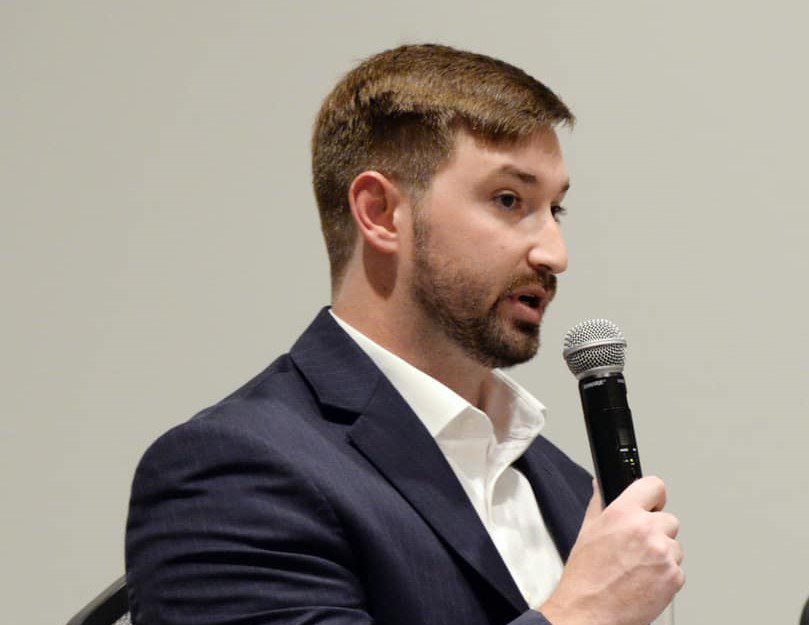
Clifton Carroll
For Mississippi to be more competitive, more people need to enter career pathways matching industry demand.
Like the rest of America, Mississippi has a shortage of critical workers like mechanics, electricians, information technology specialists, and precision manufacturers – and that shortage is growing.
The workforce pipeline needs to be modified to reflect today’s job market. From adult learners looking to reskill to college students pursuing a degree, too few Mississippians are actively choosing fields of study which pay high wages and have open jobs, such as manufacturing, construction, and logistics. Conversely, too many are choosing non-specialized fields with little to no job demand.
Mississippi’s State Longitudinal Data System (SLDS) was created to measure the education and workforce outcomes of public investments. The SLDS recently published a report that examined average workforce outcomes from those completing different community college programs. Here are the biggest takeaways.
Liberal arts and general studies degrees, both fields which had far higher enrollment than other majors, did not generally produce competitive wages. After three years, those who obtained an associate’s degree in liberal arts or general studies were earning a median annual wage of just over $20,000, about 50 percent below the Mississippi average.
Health science completers, on the other hand, earned a median annual salary of over $43,000, which is double the aforementioned fields and higher than the state median wage! Manufacturing- and construction-based fields were similarly successful.
The reason for this gap is simple: Mississippi’s economy needs healthcare workers.
From nurses to radiology techs to sonographers, healthcare companies are always looking for more workers, which means they’ll pay higher wages to obtain them. On the other hand, the data suggests that non-specialized degrees often lead to low wages and under-employment.
For Mississippi to be more competitive, more people need to enter career pathways matching industry demand. It’s the only way we will grow our economy, raise household incomes, attract new and expanding businesses, and strengthen our communities.
Addressing the problem won’t be easy. At The Skills Foundation, we are committed to finding creative ways to shore up the mismatched information that’s contributing to our growing labor gap. In fact, we recently launched our Skills That Pay campaign with a simple premise: students will not pursue a career they don’t know about or think of as low-paying, unsafe, or unfulfilling. Skills That Pay seeks to highlight the value of skilled careers in sectors like manufacturing, energy, and healthcare including good wages, less debt, more job stability, and upward mobility.
We’re also working with AccelerateMS to develop tools for its career coach program, which the Legislature recently expanded to add some 200 professionals to work directly with students and parents to identify successful career, college, or military pathways that will lead to high-quality, well-paying employment.
Career coaching is an intensive, proven model that works. We’ve seen it change lives in Tupelo through the CREATE Foundation and in Jackson County through their “P3: Passion. Purpose. Paycheck.” program. I’m optimistic initiatives like Skills That Pay and career coaches will move the needle in strengthening Mississippi’s labor supply, matching supply with demand.
As a lifelong Mississippian, I’m bullish on our state’s future. Corporate investment is flooding into the Hospitality State at record pace, bringing more high-paying jobs with it. Our unemployment numbers continue to hit record lows. And despite recent inflation, Mississippi’s cost of living remains among the most comfortable in the nation.
State leaders like Governor Tate Reeves continue to make historic investments in workforce development, empowering organizations like AccelerateMS to make substantive policy changes that will lead to a narrowing skills gap in Mississippi. And our Legislative leaders appear eager to advance legislative solutions to strengthen Mississippi’s workforce capabilities.
Let’s keep our foot on the gas. Let’s change the conversation on skilled jobs, raise awareness of the actual opportunities in the labor market, and work together to get Mississippi working.








